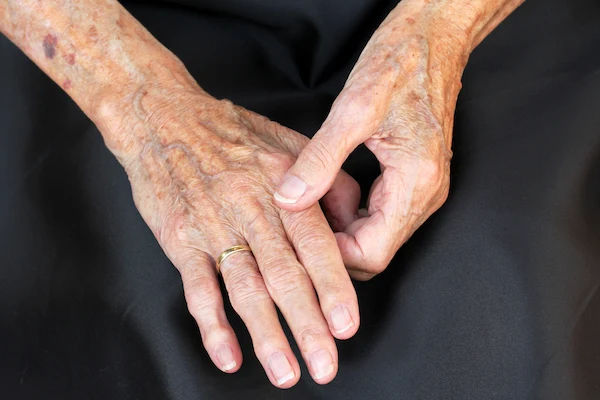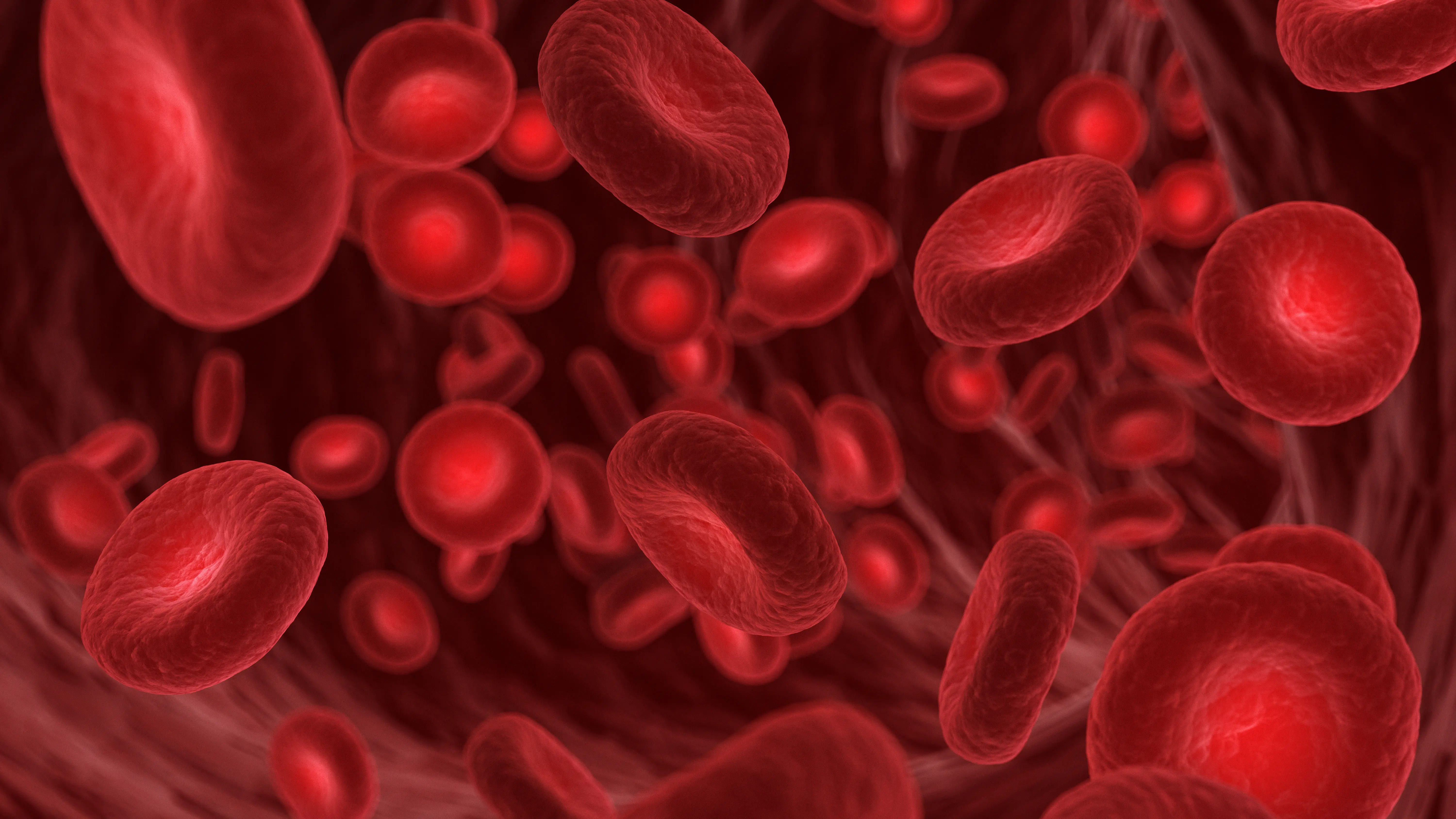Malaria: Signs, Causes, Types, and Treatment
Discover key information about malaria, including its common signs and symptoms, causes, transmission, different types of malaria parasites, and available treatment options.

Written by Dr. Mohammed Kamran
Reviewed by Dr. Rohinipriyanka Pondugula MBBS
Last updated on 19th Aug, 2025
.webp?tr=q-80,f-webp,w-350,dpr-2,c-at_max 700w)
Introduction
Malaria is a serious and sometimes life-threatening disease caused by parasites that are transmitted to humans through the bite of infected mosquitoes. It is common in tropical and subtropical regions, but with proper awareness and precautions, it can be prevented and treated effectively.
If you or someone you know is experiencing symptoms of malaria, it’s important to seek medical attention promptly. Early diagnosis and treatment can prevent complications.
What is Malaria?
Malaria is an infectious disease caused by Plasmodium parasites, which are spread through the bites of infected female Anopheles mosquitoes. Once inside the human body, these parasites multiply in the liver and then infect red blood cells, leading to symptoms like fever, chills, and fatigue.
Consult a Top General Physician for the best advice
Signs and Symptoms of Malaria
Symptoms usually appear 10–15 days after being bitten by an infected mosquito. Common signs include:
High fever (often with chills and sweating)
Headaches
Muscle pain and fatigue
Nausea and vomiting
Diarrhea
Anaemia (pale skin, weakness)
Jaundice (yellowing of skin and eyes in severe cases)
In severe cases, malaria can lead to complications like cerebral malaria (affecting the brain), kidney failure, or respiratory distress, which can be fatal if not treated immediately.
Causes of Malaria
Malaria is caused by five species of Plasmodium parasites:
1. Plasmodium falciparum – Most dangerous, common in Africa.
2. Plasmodium vivax – Most widespread, can remain dormant in the liver.
3. Plasmodium ovale – Similar to P. vivax but less common.
4. Plasmodium malariae – Causes milder symptoms but can persist for years.
5. Plasmodium knowlesi – Rare, found in Southeast Asia.
How is Malaria Transmitted?
Malaria is transmitted through:
Mosquito Bites: The primary mode of transmission.
Mother to Baby: Pregnant women can pass malaria to their unborn child.
Blood Transfusion/Organ Transplant: Rare but possible.
Shared Needles: Can spread the parasite through infected blood.
Types of Malaria
Malaria is of the following types:
1. Uncomplicated Malaria – Mild symptoms, treatable with medications.
2. Severe Malaria – Life-threatening, requires hospitalization.
3. Relapsing Malaria (P. vivax & P. ovale) – Parasites can stay dormant in the liver and cause symptoms months or years later.
Diagnosis and Treatment
If you suspect malaria, a doctor will perform:
Blood tests (microscopic examination or rapid diagnostic tests)
PCR tests (for accurate parasite detection)
Get Your Health Assessed
Treatment Options
Treatment depends on the type of malaria and severity:
Antimalarial Medications:
Chloroquine (if the parasite is sensitive)
Artemisinin-based combination therapy (ACT) – Most effective for P. falciparum.
Primaquine – Used for dormant liver stages of P. vivax & P. ovale.
Hospitalization – Required for severe cases (IV medications, fluids, oxygen).
Prevention Tips
Malaria can be prevented by taking simple precautions:
Use Mosquito Repellents – Apply DEET-based creams or sprays.
Sleep Under Mosquito Nets – Preferably insecticide-treated nets (ITNs).
Wear Protective Clothing – Long sleeves and pants in high-risk areas.
Take Preventive Medications – If traveling to malaria-prone regions.
Eliminate Stagnant Water – Mosquitoes breed in standing water.
When to See a Doctor?
Seek immediate medical help if you experience:
Persistent high fever with chills
Severe headaches or confusion
Difficulty breathing
Signs of dehydration
Early treatment can save lives!
Final Thoughts
Malaria is a preventable and treatable disease. By staying informed, taking preventive measures, and seeking timely medical care, you can protect yourself and your loved ones. Stay safe and stay healthy!
Consult a Top General Physician for the best advice

Dr. Swathi Reddy Perugu
General Physician/ Internal Medicine Specialist
7 Years • MBBS, MD (General Medicine)
Hyderabad
Health plus, Hyderabad

Dr. Mohamed Azeem
General Physician/ Internal Medicine Specialist
2 Years • MBBS,MD(Internal Medicine) CCEBDM
Karaikudi
Apollo Hospitals Karaikudi, Karaikudi
Dr. Sujay P R
General Physician/ Internal Medicine Specialist
3 Years • MBBS
Bengaluru
PRESTIGE SHANTHINIKETAN - SOCIETY CLINIC, Bengaluru

Dr. Karan Goel
General Physician/ Internal Medicine Specialist
11 Years • MBBS, MD (Paediatrics)
Kolkata
Little Steps Clinic, Kolkata

Dr. Poonam Bhagat
General Physician/ Internal Medicine Specialist
20 Years • MBBS, MD
Kolkata
KVC CLINIC, Kolkata
(50+ Patients)





